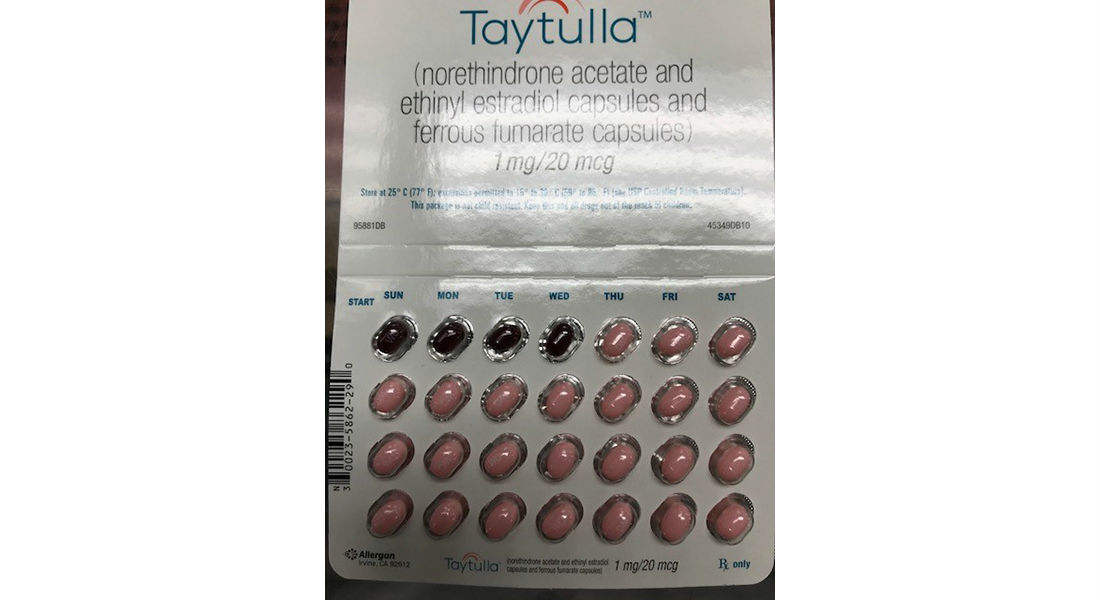Update (January 7, 2019): Before the end of 2018, Bayer announced it would be making some key changes to its postmarket study of the Essure device. After consulting with the FDA, the company has decided to enroll additional patients into the study this year and will follow all of the women enrolled for a five-year period as opposed to the previously-established two-year follow-up.
Originally published on July 24, 2018:
As of December 31, 2018, Bayer’s permanent birth control device Essure will no longer be available to women in the US. The life sciences company has positioned the news as a “business decision” that was largely motivated by sluggish sales of the device in the US in recent years.
“The benefit-risk profile of Essure has not changed, and we continue to stand behind the product’s safety and efficacy, which are demonstrated by an extensive body of research, undertaken by Bayer and independent medical researchers, involving more than 200,000 women over the past two decades,” said a press release issued by Bayer.
While not the direct cause of Bayer’s decision to pull Essure from the US market, the string of bad press surrounding adverse events reported by women fitted with the device certainly didn’t help. Since its launch in 2002, numerous women have reported adverse events associated with the Essure device including persistent pain, device migration and uterine perforation.
As a result, in 2016, the FDA required Bayer add a back box warning – the regulator’s most serious warning type – to Essure packaging to ensure physicians and patients were made aware of the potential risks of the permanent birth control device. In April of this year, the regulator put further limits on the device by restricting sales of Essure to only physicians who use a Patient-Doctor Discussion Checklist to counsel women interested in the form of birth control.
Since the addition of the box warning, Bayer has seen US sales of Essure slip by about 70 percent. According to Bayer, misleading publicity surrounding the device, along with an overall decrease in the number of women looking for a permanent form of birth control, have also contributed to lackluster sales.
But despite pulling the device from the market, Bayer is not off the hook when it comes to ensuring the safety of Essure; after all, over 750,000 devices have been sold across the world in the 16 years since its approval. The FDA maintains that Bayer still has a responsibility to these women already fitted with the device, and will be required to continue a postmarket surveillance study to ensure that the device is safe.
“For women who have received an Essure implant, the postmarket safety of Essure will continue to be a top priority for the FDA,” said FDA Commissioner Scott Gottlieb in response to Bayer’s decision to stop selling Essure in the US. “We expect Bayer to meet its postmarket obligations concerning this device.”
But since no new patients in the US will be fitted with the Essure device after New Year’s Eve, the design of the ongoing postmarket study will need to be altered.
“Bayer will continue to enroll new participants. Each study participant will be followed for a total of three years and the company will continue to submit reports to the FDA on the study’s progress and results,” said Gottlieb. “Since Bayer will not be able to meet its expected enrollment numbers for this study that relied on enrolling patients who were newly implanted with Essure, we’ll be working with the company to best determine how to move forward to answer the critical questions we posed concerning certain patient complications that may be experienced by patients who have Essure.”
While other intrauterine devices (IUD) are designed to be a reversible form of contraception to prevent pregnancy, Essure is a permanent method of female sterilization akin to tubal ligation surgery. However, unlike tubal ligation, the Essure device is implanted into the fallopian tubes using a non-surgical technique where it encourages the formation of scar tissue. This buildup of tissue eventually blocks sperm from fertilizing eggs released by the ovaries, but this process takes about three months to complete.












Join or login to leave a comment
JOIN LOGIN